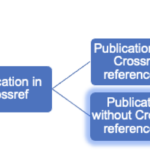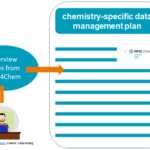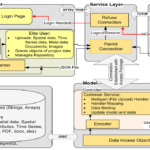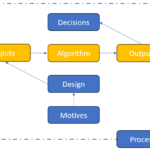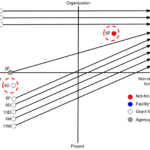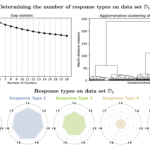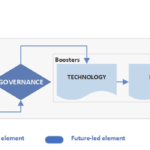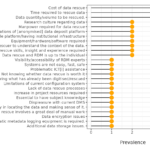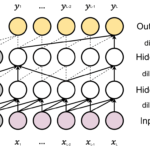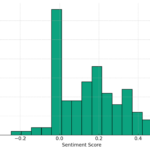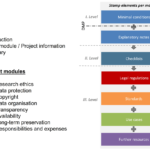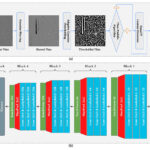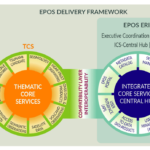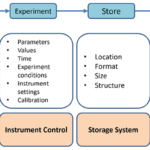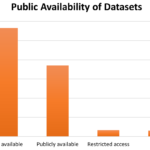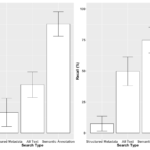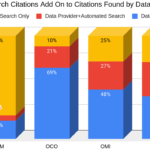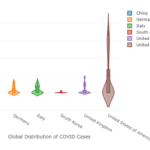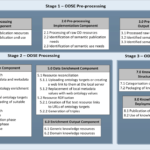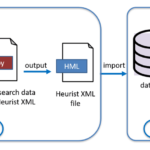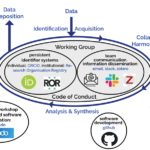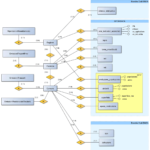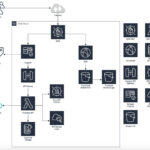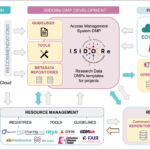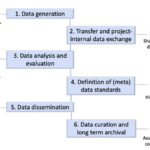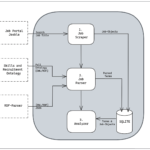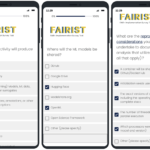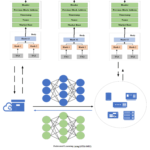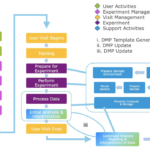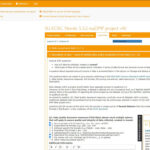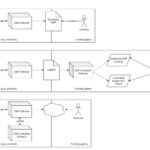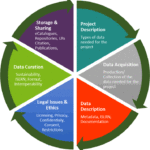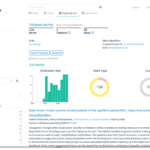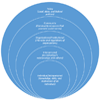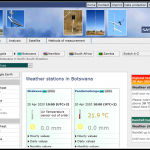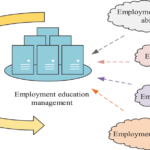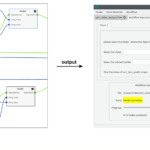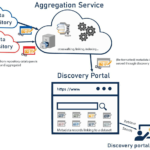
 Title: Rethinking Data Management Planning: Introducing Research Output Management Planning (ROMPi) Approach Title: Rethinking Data Management Planning: Introducing Research Output Management Planning (ROMPi) ApproachAuthor: Stefano Della Chiesa, Sujit Kumar Sikder URL: http://doi.org/10.5334/dsj-2024-034 |
|
 Title: The FAIR Assessment Conundrum: Reflections on Tools and Metrics Title: The FAIR Assessment Conundrum: Reflections on Tools and MetricsAuthor: Leonardo Candela, Dario Mangione, Gina Pavone URL: http://doi.org/10.5334/dsj-2024-033 |
|
 Title: Centering Relationality and CARE for Stewardship of Indigenous Research Data Title: Centering Relationality and CARE for Stewardship of Indigenous Research DataAuthor: Miranda Belarde-Lewis, Sandra Littletree, Iisaaksiichaa Ross Braine, Kaitlin Srader, Nestor Guerrero, Carole L. Palmer URL: http://doi.org/10.5334/dsj-2024-032 |
|
 Title: The Optimization of n-Gram Feature Extraction Based on Term Occurrence for Cyberbullying Classification Title: The Optimization of n-Gram Feature Extraction Based on Term Occurrence for Cyberbullying ClassificationAuthor:Yudi Setiawan, Nur Ulfa Maulidevi, Kridanto Surendro URL: http://doi.org/10.5334/dsj-2024-031 |
|
 Title: Correction: The ‘PROTECT’ Essential Elements in Managing Crisis Data Policies Title: Correction: The ‘PROTECT’ Essential Elements in Managing Crisis Data PoliciesAuthor: Lili Zhang, Perihan Elif Ekmekci, Virginia Murray, Burcak Basbug Erkan, Francis P. Crawley, Xueting Li, Yandi Li URL: http://doi.org/10.5334/dsj-2024-030 |
|
 Title: Unrestricted Versus Regulated Open Data Governance: A Bibliometric Comparison of SARS-CoV-2 Nucleotide Sequence Databases Title: Unrestricted Versus Regulated Open Data Governance: A Bibliometric Comparison of SARS-CoV-2 Nucleotide Sequence DatabasesAuthor: Nathanael Sheehan, Federico Botta, Sabina Leonelli URL: http://doi.org/10.5334/dsj-2024-029 |
|
 Title: The Research Data Management Organiser (RDMO) – a Strong Community Behind an Established Software for DMPs and Much More Title: The Research Data Management Organiser (RDMO) – a Strong Community Behind an Established Software for DMPs and Much MoreAuthor: Ivonne Anders, Harry Enke, Daniela Adele Hausen, Christin Henzen, Gerald Jagusch, Giacomo Lanza, Olaf Michaelis, Karsten Peters-von Gehlen, Torsten Rathmann, Jürgen Rohrwild, Sabine Schönau, Kerstin Vanessa Wedlich-Zachodin, Jürgen Windeck URL: http://doi.org/10.5334/dsj-2024-028 |
|
 Title:Black Hole Clustering: Gravity-Based Approach with No Predetermined Parameters Title:Black Hole Clustering: Gravity-Based Approach with No Predetermined ParametersAuthor: Belal K. ELFarra, Mamoun A. A. Salaha, Wesam M. Ashour URL: http://doi.org/10.5334/dsj-2024-027 |
|
 Title:Harmonizing GCW Cryosphere Vocabularies with ENVO and SWEET. Towards a General Model for Semantic Harmonization Title:Harmonizing GCW Cryosphere Vocabularies with ENVO and SWEET. Towards a General Model for Semantic HarmonizationAuthor:Ruth Duerr, Pier Luigi Buttigieg, Gary Berg Cross, Kai Lewis Blumberg, Brandon Whitehead, Nancy Wiegand, Kate Rose URL: http://doi.org/10.5334/dsj-2024-026 |
|
 Title: Time Series Mining Approaches for Malaria Vector Prediction on Mid-Infrared Spectroscopy Data Title: Time Series Mining Approaches for Malaria Vector Prediction on Mid-Infrared Spectroscopy DataAuthor: Lucas G. M. Castro, Henrique V. Costa, Vinicius M. A. Souza URL: http://doi.org/10.5334/dsj-2024-025 |

